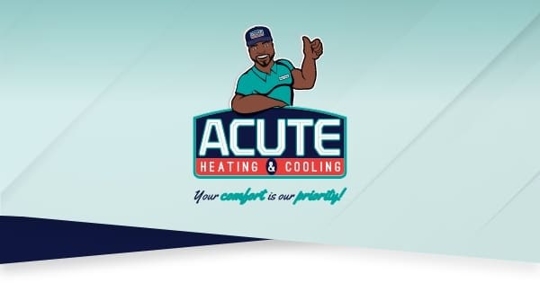Energy consumption is a growing concern for many households, not just because of the rising costs but also due to the environmental impact. Reducing your Summerville home’s energy usage doesn’t have to be a daunting task. By implementing a few strategic changes, you can make your home more energy-efficient and save on utility bills. Here are ten practical tips to help you get started.
1. Upgrade to Energy-Efficient Lighting
Traditional incandescent bulbs consume a lot of energy and have a short lifespan. Consider switching to LED or CFL bulbs. These options use significantly less power and last much longer, making them a cost-effective choice over time. They also produce less heat, which can help keep your home cooler in the summer months.
2. Seal Windows and Doors
Drafty windows and doors can cause your heating and cooling systems to work harder than necessary. Use weatherstripping or caulk to seal any gaps and prevent air leaks. This simple step can make a big difference in maintaining a consistent indoor temperature and reducing energy consumption.
3. Use a Programmable Thermostat
A programmable thermostat allows you to set your home’s temperature according to your schedule. By automatically adjusting the temperature when you’re not home or while you’re sleeping, you can reduce the workload on your HVAC system and save energy. Some models even offer remote control via smartphone apps for added convenience.
4. Insulate Your Home
Proper insulation is crucial for keeping your home warm in the winter and cool in the summer. Check your attic, walls, and basement for adequate insulation and add more if needed. Insulating your home can significantly reduce the amount of energy required to heat and cool your living space.
5. Maintain Your HVAC System
Regular maintenance of your heating, ventilation, and air conditioning (HVAC) system is essential for optimal performance. Change filters regularly, clean ducts, and schedule professional inspections annually. A well-maintained HVAC system operates more efficiently, using less energy to keep your home comfortable.
6. Unplug Devices When Not in Use
Many electronic devices continue to draw power even when turned off. Unplugging chargers, televisions, and other electronics when they’re not in use can reduce your home’s energy consumption. Alternatively, use power strips to easily switch off multiple devices at once.
7. Use Energy-Efficient Appliances
When it’s time to replace old appliances, choose energy-efficient models. Look for the Energy Star label, which indicates the appliance meets specific energy-saving standards. Energy-efficient refrigerators, washing machines, and dishwashers can significantly lower your household energy use.
8. Optimize Your Water Heater
Water heating is a major energy expense in many homes. Lower the thermostat on your water heater to 120 degrees Fahrenheit, which is sufficient for most household needs. Insulate the water heater and pipes to retain heat and reduce the energy required to maintain the water temperature.
9. Install Ceiling Fans
Ceiling fans are a great way to circulate air and reduce the need for air conditioning. In the summer, set the fan to rotate counterclockwise to create a cooling breeze. In the winter, switch the direction to clockwise to distribute warm air that rises to the ceiling. This can help you stay comfortable while using less energy.
10. Embrace Natural Light and Ventilation
Make the most of natural light and ventilation to reduce reliance on artificial lighting and air conditioning. Open windows and doors to allow fresh air to circulate, and use blinds or curtains to control the amount of sunlight entering your home. This not only reduces energy use but also creates a healthier indoor environment.
By implementing these energy-saving tips, you can make your home more efficient and reduce your environmental footprint. Optimizing your AC system’s energy efficiency can further enhance these efforts. If you’re in need of Summerville HVAC services today, call us now!
For more detailed information on achieving this, check out our main post, “Maximizing Energy Efficiency in your Summerville AC System.”
The post Top 10 Tips for Reducing Your Home’s Energy Consumption in Summerville, SC appeared first on Acute Heating & Cooling.

